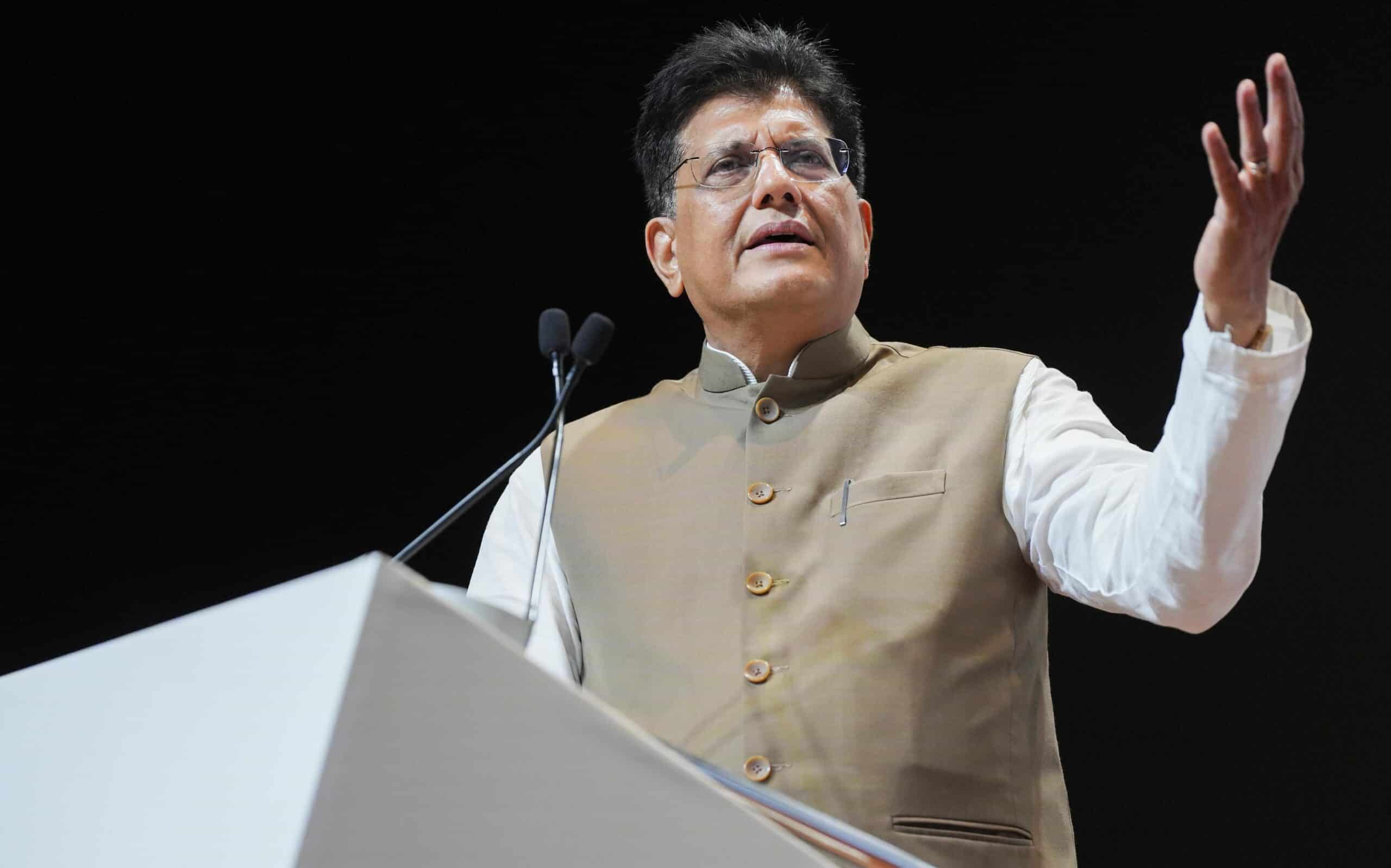Piyush Goyal Confirms Full GST Benefit Transfer to Consumers, Defends Three-Slab Structure Across All Sectors

Union Commerce and Industry Minister Piyush Goyal has announced that recent reductions in Goods and Services Tax (GST) rates will provide significant benefits to the general public. He emphasized that industries across various sectors have committed to passing on these savings to consumers. Goyal expressed confidence in the government’s monitoring mechanisms to ensure compliance and dismissed concerns regarding potential revenue shortfalls, citing robust tax collections as a buffer.
Commitment from Industries
During a conversation with the news agency ANI, Goyal stated that he has received assurances from both large and small businesses that they will transfer the benefits of the GST reductions directly to consumers. He remarked, “We are very confident that they will meet our expectations.” The minister highlighted the trust placed in stakeholders by the central government, paralleling it with the public’s trust in Prime Minister Narendra Modi. He assured that there are systems in place to monitor compliance, involving the consumer affairs and finance departments. Goyal’s optimism reflects a broader strategy to enhance consumer welfare through fiscal policy adjustments.
Addressing Revenue Concerns
Goyal addressed worries about potential revenue losses due to the GST cuts, explaining that India’s strong tax collection, which exceeds ₹22 lakh crore annually, would mitigate any negative impact. He expressed a belief that tax revenues would eventually increase, despite any short-term fluctuations. “It may be a few months here or there, but it’ll go up very significantly,” he stated. This assertion aims to reassure stakeholders that the government’s fiscal health remains stable while implementing these tax reforms.
Healthcare Benefits and GST Structure
The minister also highlighted significant changes in the healthcare sector, noting that many life-saving drugs now have zero duty, and medical devices have seen reductions in tariffs. Additionally, health and life insurance premiums are now exempt from GST. Goyal pointed out that health insurance policies have dropped to a zero percent GST rate, down from 18 percent. He defended the existing three-slab GST structure, stating it is designed to cater to the diverse needs of Indian society, ensuring that essential goods remain affordable for lower-income groups.
Impact of GST Reform 2.0
The recent approval of “GST Reform 2.0” by the GST Council aims to simplify compliance and stimulate demand by reducing GST slabs to 5 percent and 18 percent, while imposing a 40 percent tax on luxury and sin goods. Effective from September 22, these changes are expected to boost disposable income and enhance consumer spending. Experts have indicated that these reforms, combined with income tax cuts and a supportive policy environment, could foster sustained economic growth. Analysts noted that the broad reduction in GST rates on essential goods and personal care products is likely to revive consumption, particularly in the fast-moving consumer goods (FMCG) sector, while also alleviating inflationary pressures.
Observer Voice is the one stop site for National, International news, Sports, Editor’s Choice, Art/culture contents, Quotes and much more. We also cover historical contents. Historical contents includes World History, Indian History, and what happened today. The website also covers Entertainment across the India and World.
Follow Us on Twitter, Instagram, Facebook, & LinkedIn

